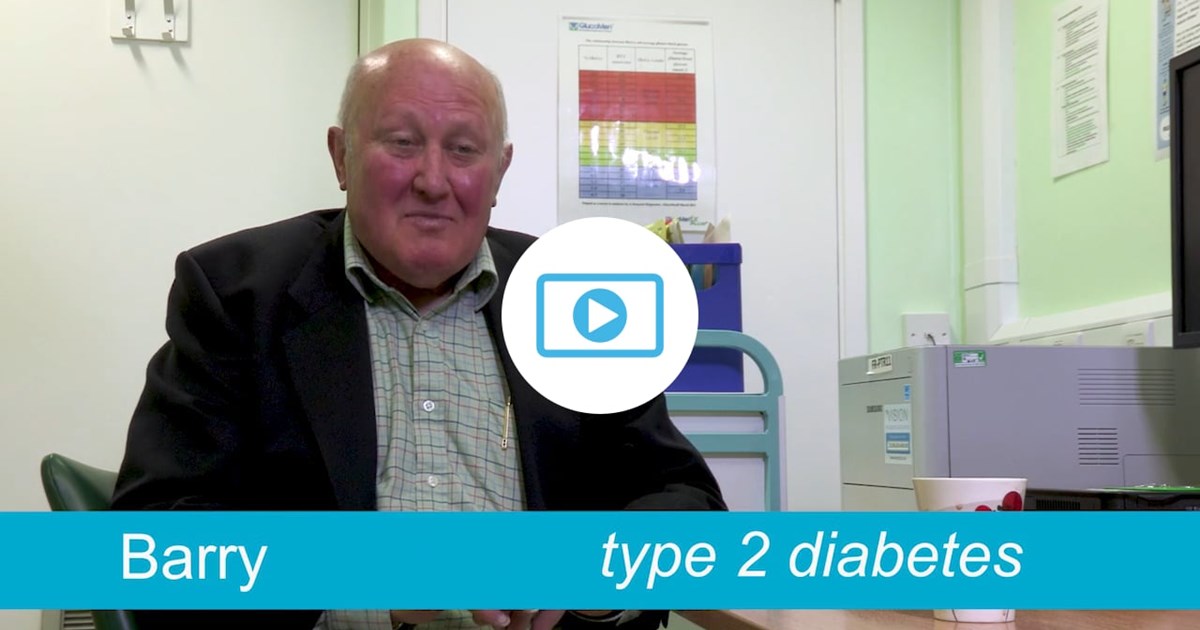Kicking the habit
If you live with diabetes and smoke, your risk of developing serious problems that damage your eyes, feet, legs and kidneys doubles. So, kicking the habit is one of the most beneficial things you can do for your health.
Smoking narrows your blood vessels, which is a big problem for people with diabetes as it can cause serious complications that lead to loss of sight and limbs.
Smoking also doubles your risk of heart disease and stroke and causes many different types of cancer. So let’s focus on the benefits of quitting here.
Now is a great time to quit and save. You can do this.
As well as boosting your physical health, evidence shows that quitting smoking can improve your mental health and wellbeing. It can also save you a lot of money. Let's look at the facts:
- On average, non-smokers live for ten years longer than smokers.
- Quitting can improve mood and help to relieve stress, anxiety and depression.
- Stopping smoking can save you a lot of money. For instance, if you smoke ten cigarettes a day in 2022, you are spending about £42.00 per week, which is nearly £11,000 over five years!
- You can also help protect your loved ones by quitting. Passive or secondhand smoking damages the health of those close to you.
There are no benefits to smoking
Smoking & stress. We know that modern life is stressful and that it may feel that smoking can help you to relax and ease feelings of stress. However, evidence shows that non-smokers usually have lower stress levels than smokers. Nicotine withdrawal symptoms between cigarettes can make you feel stressed. So while you may feel more relaxed as you’re smoking, as in that moment you’re feeding your itch for nicotine, the reality is that as soon as you put out a cigarette, your stress levels go up to where they were before.
Weight gain. It's normal to worry about gaining weight when you stop smoking. However, smoking doesn’t stop you from putting weight on and you won’t put on weight just because you stop smoking. Maintaining a healthy diet and keeping active will help to support a healthy weight.
'A few won't hurt'. Not smoking much or only smoking for a short time does matter because even your first cigarette hurts your body. Every cigarette you have puts gases and chemicals that cause cancer and other diseases into your body. Your health improves the moment you stop.
Kicking the smoking habit
The good news is that you can get help if you want to kick the habit today. Don’t be afraid to tell your healthcare team that you smoke, as they’ve helped hundreds of people like you before.
Ask your GP about stop smoking programmes in North West London or search for stopping smoking programmes in your area now.
The NHS national programme, called 'Quit Smoking' is a website and an app that has helped thousands of people quit. Both are free and give you a personal plan on how to stop, including a way to calculate how much money you save and how your health improves the longer you’ve stopped. You can take a look at the website and download the app here.
What about shisha pipes?
Shisha pipes use tobacco sweetened with fruit and fruit flavoring. Wood, coal, or charcoal is burned in the shisha pipe to heat the tobacco and create the smoke because the fruit syrup or sugar makes the tobacco damp.
When you smoke shisha, you are breathing in smoke which releases toxins including carbon monoxide and heavy metals –reducing your body’s ability to carry oxygen around in your blood.
Shisha tobacco contains tobacco, nicotine, tar, carbon monoxide and heavy metals, such as arsenic and lead. As a result, shisha smokers are at risk of the same kinds of diseases as cigarette smokers, such as heart disease, cancer, respiratory disease and problems during pregnancy.
The average shisha-smoking session lasts an hour, and research has shown that in this time you can inhale the same amount of smoke as from more than 100 cigarettes.
Resource section
Smoking burns a hole in your pocket that just keeps getting bigger. For instance, if you smoke 10 cigs a day in 2022, you’re spending about £42.00 per week, which is nearly £11,000 over 5 years





